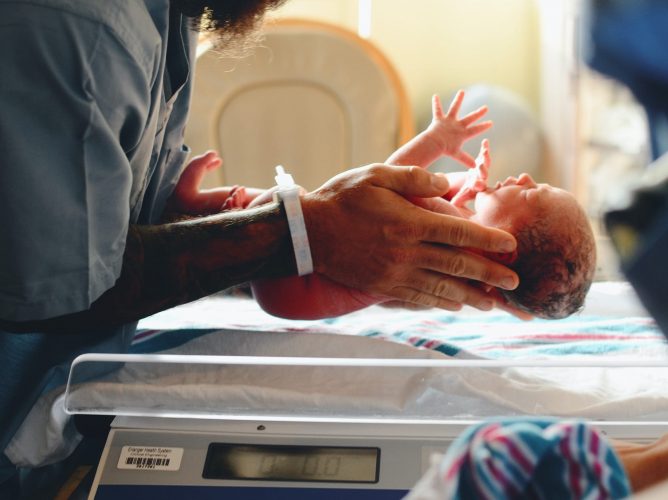What We Do
Understanding the relationship between family planning, fertility,
and individuals’ educational and economic lives.
Over the last 50 years, access to contraception in the US has been supported by dedicated public funding streams. Increases in women’s access to opportunities are often cited as a rationale for these programs. But there is surprisingly little rigorous contemporary evidence to support the claim that access to contraception itself impacts women’s economic outcomes. Despite widespread claims that family planning improves women’s lives, empirical research has not previously shown whether contemporary US family planning programs impact people’s socioeconomic lives, whether such impacts operate solely through delayed or reduced fertility or also through non-fertility-related pathways, and for whom impacts are most pronounced.
Our project rigorously demonstrates how access to contraception impacts people’s lives, including who benefits the most.
We do this by evaluating the effects of a large expansion in access to contraception which occurred in Title X clinics in Colorado, the Colorado Family Planning Initiative (CFPI). Our project measures fertility using secondary data, and seeks to understand the relationship between family planning, fertility, and individuals educational and economic lives.

Our Research Areas

The effect of CFPI on high school graduation
Does access to the full range of contraceptive methods increase young women’s educational attainment? In this paper in Science Advances, we use the natural experiment afforded by the Colorado Family Planning Initiative (CFPI) to assess the impact of expanded access to contraception on women’s high school graduation. Linking survey and Census data, we follow a population-representative U.S. sample, including large subsamples of young women living in Colorado in 2010 and in comparison states. Using a difference-in-differences design, we find expansion of access to contraception was associated with a statistically significant 1.66 percentage-point increase in high school graduation. This increase in graduation represents a 14% decrease in the baseline percentage who were not graduating from high school before the policy change.
The effect of CFPI on women's fertility
Using the natural experiment afforded by the Colorado Family Planning Initiative (CFPI) and applying quasi-experimental methods to analyze the RIPL dataset, we test the effect of exposure to CFPI on the fertility life course, including age-specific fertility, age-parity-specific fertility, and interbirth intervals. We investigate variation in effects by: age at exposure to CFPI, family of origin socioeconomic status (SES), and race/ethnicity.


Reproduction in People's Lives (RIPL) Dataset
An important aspect of our work is building an innovative, large-scale dataset called Reproduction in People’s Lives (RIPL). We combine administrative, census, and survey data to create an individual-level longitudinal dataset that reflects the demographic lives of nearly all US men and women aged 15-44 during the years 2007-2021. RIPL includes annual indicators of personal and family income, poverty, household composition, place of residence, and migration. For women, it also includes dates of childbirth and parity by year. Time-invariant characteristics such as birthdate, race/ethnicity, and family of origin socioeconomic status are also included. This restricted-access dataset draws on information from the US Census, individual tax filings, registered births, and the American Community Survey. Using RIPL, we can assess the impact of policies such as the Colorado Family Planning Initiative on many different aspects of individuals’ lives.
The effect of CFPI on women's and men's socioeconomic status
Using the same natural experiment and the RIPL dataset [link to dataset description], we test the effects of exposure to the Colorado Family Planning Initiative (CFPI) on other life course economic outcomes, including additional measures of educational enrollment and attainment, income, family income, and poverty status. We assess these impacts for reproductive-age women and men separately, as well as whether the effects for women and men vary by: age of exposure to CFPI, family of origin socioeconomic status, and race/ethnicity; and, additionally, the degree to which CFPI impacts on women’s socioeconomic status are mediated by fertility effects.

